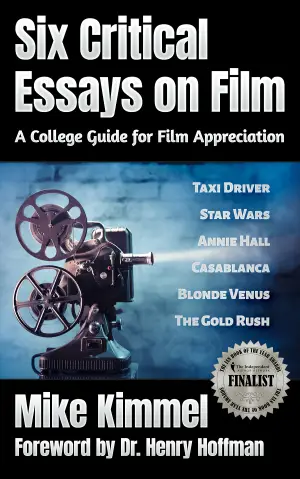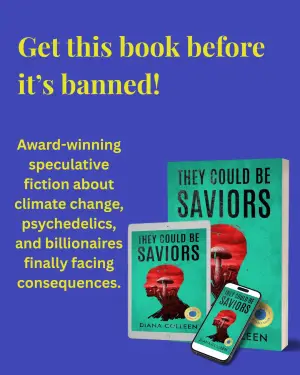
22 Jun Unlocking Eloquence: A Dive into The Well-Spoken Thesaurus
Book Review: The Well-Spoken Thesaurus by Tom E. McCarthy
When I first laid eyes on The Well-Spoken Thesaurus: The Most Powerful Ways to Say Everyday Words and Phrases, I was both intrigued and skeptical. In a world overflowing with quick and easy fixes for enhancing our writing, could this book truly help elevate my language? Tom E. McCarthy, the author, drew me in with the promise of making everyday speech not only more effective but also more vibrant. As someone who loves the nuances of language, it felt like a potentially rewarding adventure waiting to unfold.
Overview
At its core, McCarthy’s book is a treasure trove for anyone eager to improve their communication skills. With over 200 words organized into handy categories like "positive emotions" and "intellectual terms," the thesaurus serves as both a practical guide and a delightful read. Each entry offers definitions, synonyms, antonyms, and usage examples, making it incredibly user-friendly. I found myself thumbing through its pages, eager to discover alternative expressions that could breathe life into my writing.
One of the standout features of The Well-Spoken Thesaurus is its ability to inspire writers. The common words we often rely on—like "nice," "good," or "bad"—are often clichés longing to be refreshed. McCarthy’s thoughtful synonyms allow for more precision and impact, transforming mundane expressions into vivid language that effectively conveys the writer’s intention. I appreciated how the book encourages us to avoid repetition, a pitfall many of us stumble into when we’re in the throes of creating.
Writing Style
McCarthy’s writing style is approachable and engaging, characterized by a conversational tone that makes learning enjoyable. The pacing is well-considered; readers can easily digest each section without feeling overwhelmed. Each category feels like a mini-adventure, drawing readers into a world where words hold power. It’s a reminder that language is not just a tool for communication but a canvas for expression.
I absolutely loved one particular entry: the difference between "big" and "immense." While they may seem synonymous, the connotations are worlds apart—immense evokes stark imagery and grandeur that “big” simply can’t match. Moments like these remind me why exploring vocabulary is essential; the right word can evoke emotions, paint pictures, and engage readers in ways we often overlook.
Who Will Love This Book?
This thesaurus isn’t just for writers; it’s for anyone looking to refine their everyday communication. Whether you’re crafting a formal email, writing a heartfelt letter, or even preparing a presentation, The Well-Spoken Thesaurus is a helpful resource. It could also serve as a perfect gift for a friend or family member who aspires to express themselves more eloquently.
Reading this book reignited my passion for vocabulary. It not only broadened my lexicon but also inspired me to consider the precision of my own words, both in writing and in speaking. McCarthy’s work is a gentle reminder that language shapes our world, and with the right words, we can create an impact.
In a nutshell, The Well-Spoken Thesaurus has earned a permanent spot on my bookshelf, and I wholeheartedly recommend it to anyone eager to elevate their linguistic game. If you’ve ever felt tongue-tied or lost for words, this book just might be the key to unlocking your expressive potential!









